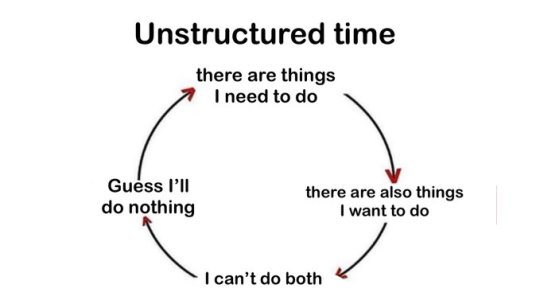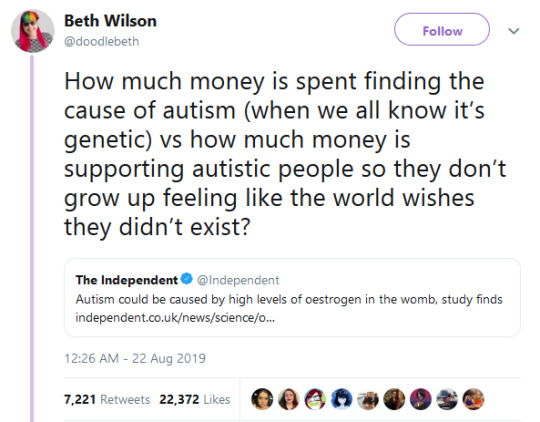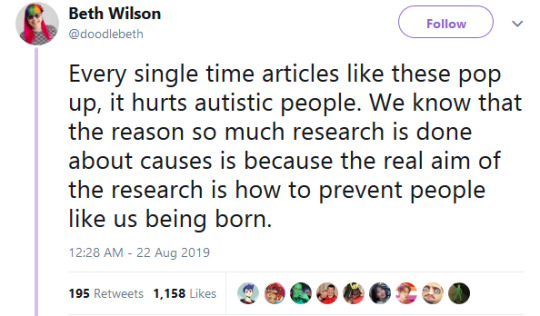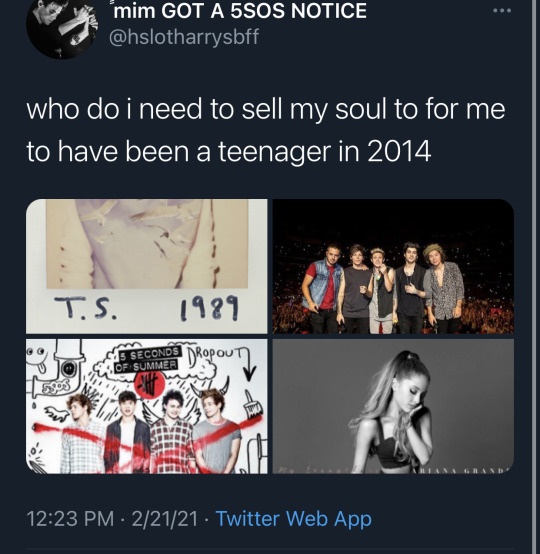I'm Kaden, I'm 25, he/him pronouns. "You should enjoy the little detours. To the fullest. Because that's where you'll find the things more important than what you want."
Don't wanna be here? Send us removal request.
Text


Poppy is in love with my fluffy pikachu, she has to knead it every time she sees it
4K notes
·
View notes
Text
literally nothing more uncomfortable than straight couples in public doing that thing where the man is doing something disgusting/rude/actively cruel and the woman is going like “stoppp.... seriously derek stopppp” which only causes the dude to escalate his behaviors. like ma’am you need to kill him i think
22K notes
·
View notes
Text
How people treat you after you come out as trans is as if there was a murder and you are both the victim and the culprit.
57K notes
·
View notes
Text
A professor gave us an extra credit option: take a picture of yourself outside, doing something that you would not usually do. We were told not to take it too seriously. Here is my entry:

I maintain that sticking my head in the mailbox is not something I do on a regular basis.
171K notes
·
View notes
Photo



just a couple of cuties running around label
71 notes
·
View notes
Text
Looks like I’m gonna be full of ‘controversial’ opinions today so I’m just gonna be real about this next topic that’s been itchin’ at me for a while:
I genuinely don’t think a lot of white leftists understand just how integral anti-black racism is to keeping class oppression in power and they often gloss over their own internalized racism while using the argument of ‘uwu don’t assume all poor/rural white people are racists and have more compassion uwu’ as a way to try to ‘band’ together as a community of lower class people.
Here’s the thing, though: you CANNOT ‘defeat’ this class struggle, especially in the United States, if you CANNOT acknowledge the pivotal role that anti-blackness/racism in general has played in keeping poor communities struggling. Race has always played a part in determining rent, mortgage, education, and other basic human necessities within a community because if that community just so happened to have a lot of black folks in it, the ‘value’ of that area was inherently seen as ‘lower class’ or ‘unworthy’ of fair opportunities that could improve that area.
This should not be a surprise to ANY so-called leftist but I’m starting to see more and more white leftists try to weaponize the whole ‘don’t call rural white people rednecks, they’re not all racists’ and ‘we need to band together to defeat the rich and stop focusing on little things that divide us’ as a way to deter any deep conversation about the inherent racism involved in the class struggle.
Y’all really need to start reading more articles and books from past black/non-white leftists who have already talked about this entire subject YEARS before any of us became the ‘leftists who occasionally make good points on a public blogging platform’.
Because I’m tired of seeing white people complain about how poor/rural white folks are seen as racists and it’s ��not fair’ to them while I’m an Afro Latino person who has lived in a rural area for MOST OF MY LIFE and has experienced nothing but racism from poor/rural AND rich white people, with no mercy.
White leftists need to stop using ‘class struggle’ as a way to band people together and actually work on their own internalized racism, do more research by actually READING information given about this subject by previous non-white leftists, and then confront the anti-black racism in their own communities. Especially if those white leftists live in poor and/or rural areas themselves.
Relying on black/non-white people to do all the heavy lifting for you and risk their lives by having to ‘educate’ rural/poor white people on how to be decent human beings to poc is not a good look.
EDIT: y’all can reblog this but if you start being disrespectful, I will block you.
16K notes
·
View notes
Text
“As a significant “feminised” category of mental illness, however, HPD was superseded in the DSM-III by the introduction of the controversial BPD, a label which has been increasingly applied to women, with around 75 per cent of all cases estimated to be female (Becker 1997 : xxii–xxiii). Seen as a milder form of schizophrenia and lying on the “borderline” between neuroses and psychoses, the concept has been used in psychiatry since 1938 (Decker 2013 : 196). Like other personality disorders, BPD has a notoriously low reliability level even by the generally poor standards of the DSM, and even within the profession is considered by many as yet another “wastebasket” category (though as Bourne ( 2011 : 76) ruefully remarks, the ambiguity of such personality disorders makes them particularly useful in policing deviance in the new century). One member of the DSM-III task force stated at the time of constructing BPD that “in my opinion, the borderline syndrome stands for everything that is wrong with psychiatry [and] the category should be eliminated” (cited in Decker 2013 :199). The chair of the task force, Robert Spitzer, admitted with the publication of DSM-III that BPD was only included in the manual due to pressures from psychoanalytically oriented clinicians who found it useful in their practices (Spitzer 1980 : 31–32). Such practices have been documented by Luhrmann ( 2000 : 113) who describes psychiatrists’ typical view of the BPD patient as “an angry, difficult woman—almost always a woman—given to intense, unstable relationships and a tendency to make suicide attempts as a call for help.” Bearing significant similarities to the feelings of nineteenth century psychiatrists towards hysterics, Luhrmann’s ( 2000 : 115) study reveals psychiatrists’ revulsion of those they label with a personality disorder: they are “patients you don’t like, don’t trust, don’t want … One of the reasons you dislike them is an expungable sense that they are morally at fault because they choose to be different.” Becker ( 1997 : xv) reinforces this general view of the BPD label when she states that “[t]here is no other diagnosis currently in use that has the intense pejorative connotations that have been attached to the borderline personality disorder diagnosis.” A bitter irony for those labelled with BPD is that many are known to have experienced sexual abuse in childhood (Ussher 2011 : 81), something they share in common with many of those Freud labelled as hysterical a century earlier; a psychiatric pattern of depoliticising sexual abuse by ignoring the (usually) male perpetrator, and instead pathologising the survival mechanisms of the victim as abnormal”
— Bruce Cohen, Psychiatric Hedgemony, 2016 (via bottombinch)
3K notes
·
View notes











